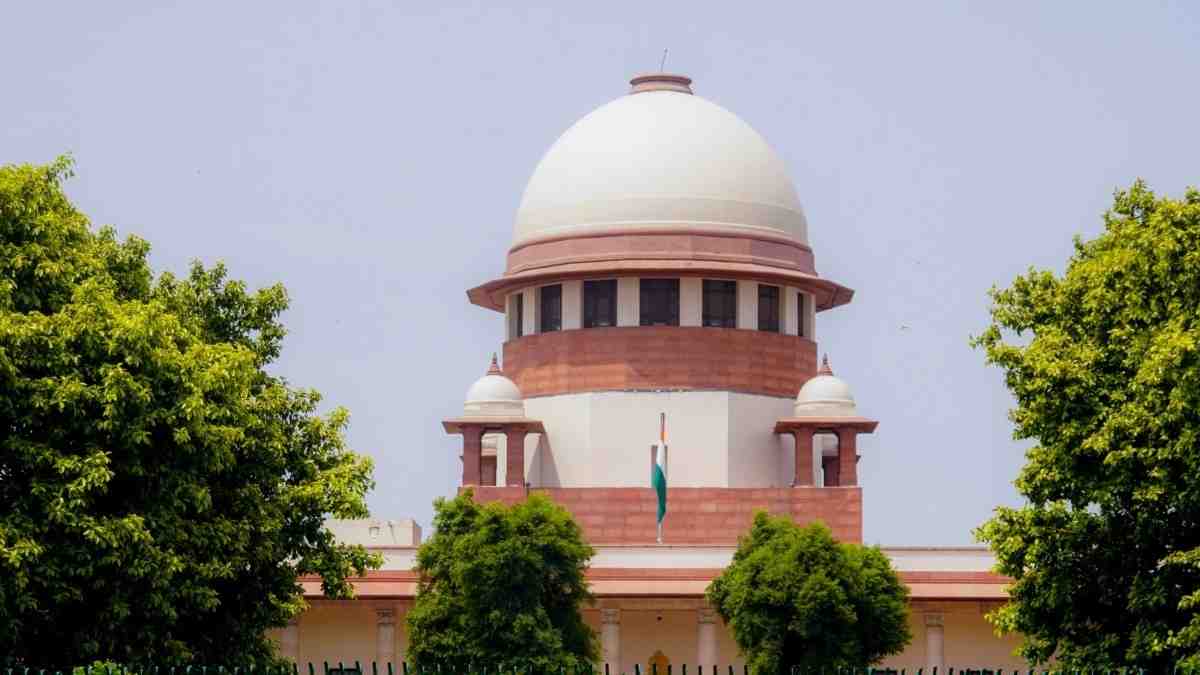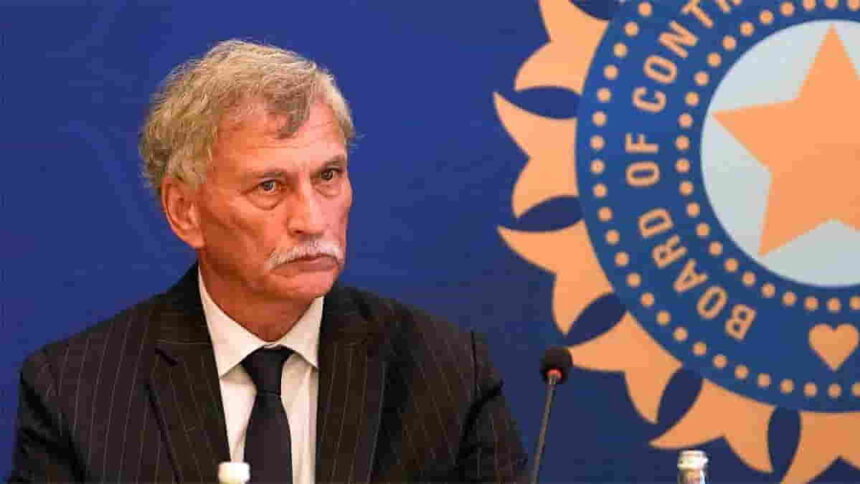CJI Gavai questions selective bans, says clean air is a right for all Indians, not just NCR residents
Supreme Court Slams Selective Crackers Ban, Calls for Pan-India Pollution Policy
The Supreme Court of India on Friday questioned the regional implementation of anti-pollution measures, stating that pollution policies cannot be exclusive to Delhi-NCR, just because it’s home to the country’s “elite class.”
Key Points from the Hearing:
- The top court was hearing a plea against its April 3 order banning the sale, storage, transport, and manufacture of firecrackers in Delhi-NCR.
- Chief Justice BR Gavai said, “We can’t make a policy just for Delhi. If NCR cities have the right to clean air, so do people in other cities.”
- He cited worse pollution levels in Amritsar during his visit last winter, questioning the logic of region-specific bans.
‘Clean Air Is a Right for All’ – CJI BR Gavai
CJI Gavai emphasized the need for uniform environmental policies across India.
“If firecrackers are to be banned, then it should be across the country,” he added.
Advocates and Amicus Curiae Weigh In
Senior Advocate Aparajita Singh**, acting as amicus curiae in the Delhi pollution case, stated:
“The elite class takes care of itself. Whenever there’s pollution, they move out of Delhi.”
Her comment highlighted the disparity in how pollution impacts socio-economic classes, with the poor and working-class bearing the brunt.
Background: April 3 Supreme Court Order
The earlier ruling by Justices Abhay S Oka and Ujjal Bhuyan emphasized that:
- Pollution levels in Delhi had reached extraordinary and life-threatening levels.
- The Right to Health and Right to Live in a Pollution-Free Atmosphere fall under Article 21 of the Constitution.
- Many workers who live and operate on the streets were most vulnerable and couldn’t afford air purifiers.
The court made it clear that:
Unless it is proven that green crackers cause minimal pollution, the ban will not be reconsidered.
Pan-India or Patchwork? Debate on Uniform Environmental Policy Continues
The court’s latest comments spark a broader conversation:
Should pollution control policies—including bans on firecrackers—be implemented uniformly across India?
While Delhi often faces international scrutiny over its air quality, cities like Amritsar, Lucknow, Patna, and Kanpur have also recorded hazardous pollution levels during festivals and winters.
Conclusion : The Supreme Court’s stance challenges the selective enforcement of pollution controls and raises questions about the equity and effectiveness of India’s current environmental policies.
As climate concerns grow, this case may set the tone for nationwide action—not just selective regional responses.



